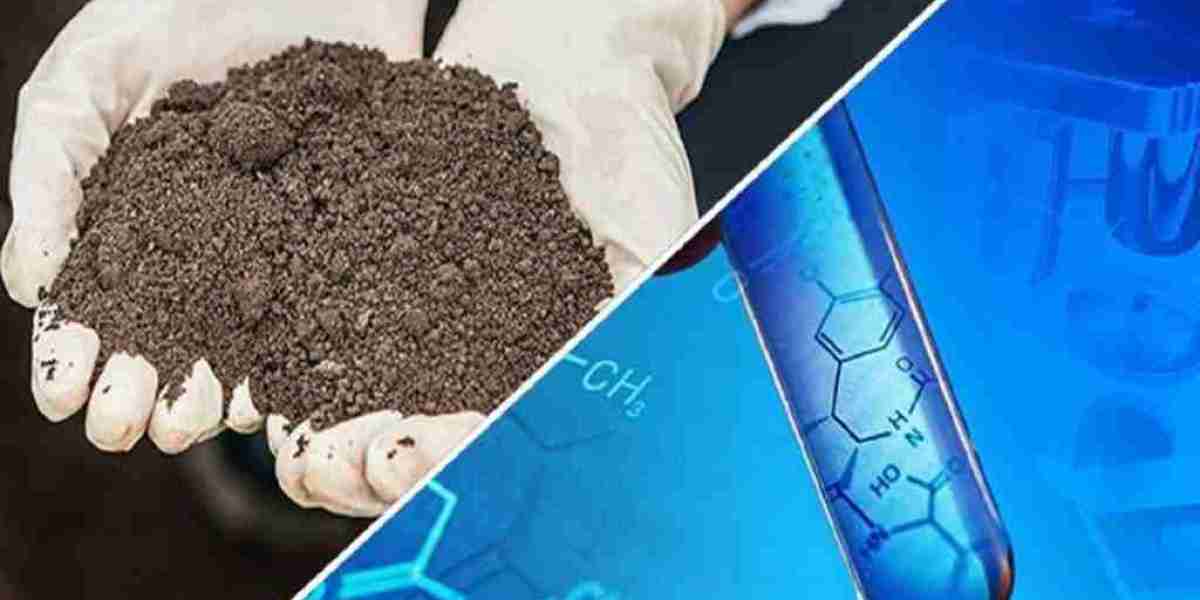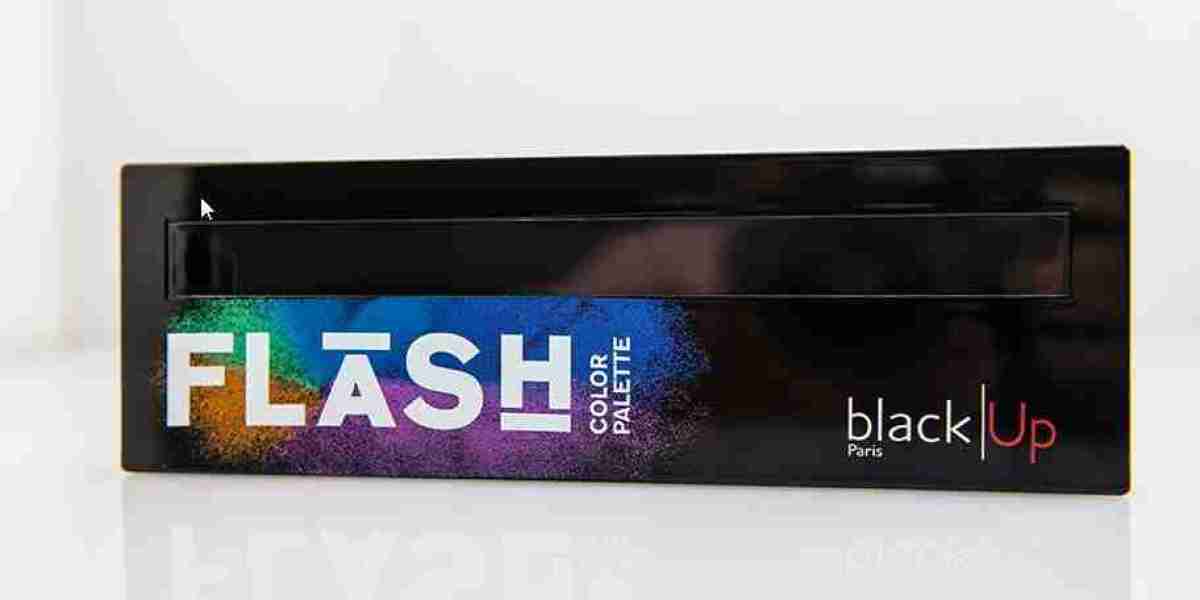Soil testing laboratory equipment encompasses a range of instruments crucial for analyzing various soil properties.
Common equipment found in soil testing laboratories includes:
- Sieves: Used for particle size analysis, these come in various mesh sizes to separate soil particles.
- Moisture Content Analyzers: Instruments like moisture balances or ovens determine the moisture content in soil samples, vital for understanding soil composition.
- Soil Penetrometers: Measure soil compaction and resistance by gauging the penetration force of a probe into the soil.
- Triaxial Testing Machines: Essential for advanced soil mechanics studies, these machines assess the shear strength and stress-strain relationships of soils.
- Direct Shear Apparatus: Determines the shear strength parameters of soil samples under various conditions.
- Consolidation Testing Equipment: Used to study soil settlement characteristics under applied stress loads.
- pH Meters: Measure the acidity or alkalinity of soil, providing insights into nutrient availability.
- Atterberg Limits Apparatus: Determines the plasticity and consistency limits of fine-grained soils.
- Compaction Testers: Evaluate the soil’s ability to support structural loads by measuring its maximum dry density and optimum moisture content.
- Cone Penetrometers: Assess the soil’s bearing capacity and compaction.
These instruments collectively enable researchers, geotechnical engineers, and agronomists to understand soil behavior, structure, and fertility. Accurate analysis using these laboratory tools is crucial for making informed decisions in agriculture, construction, environmental science, and various other fields reliant on soil data.





